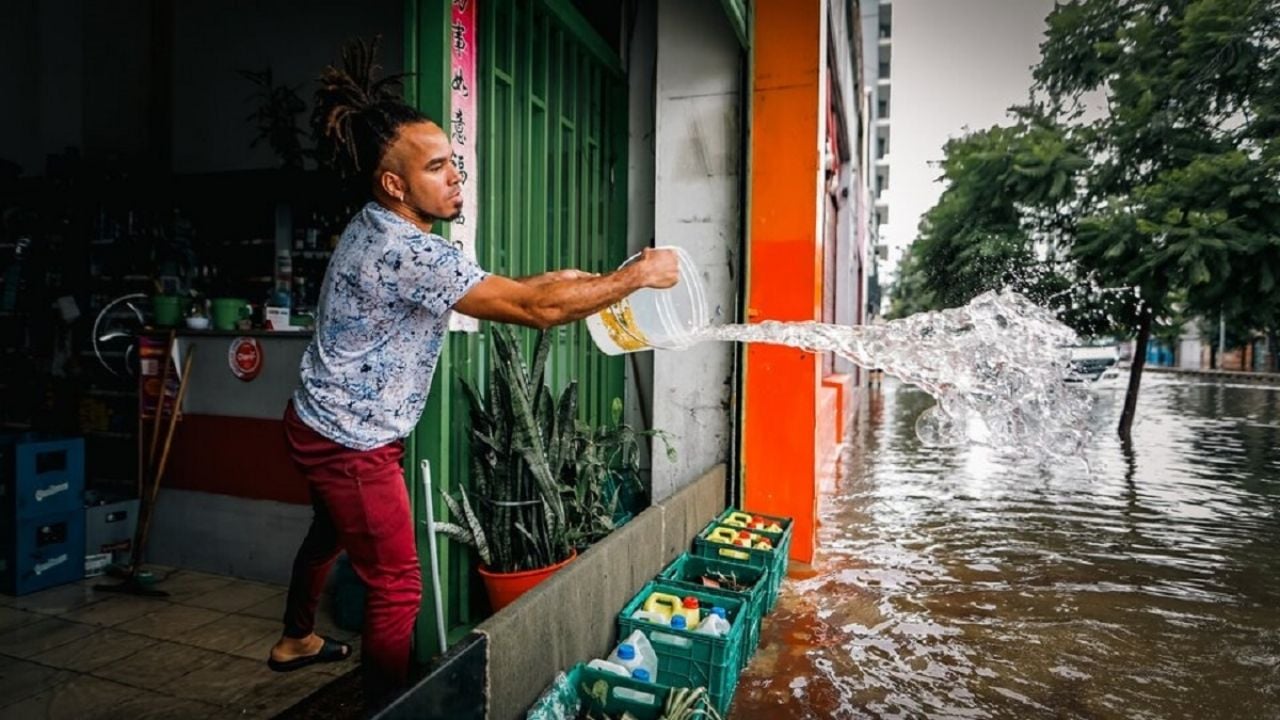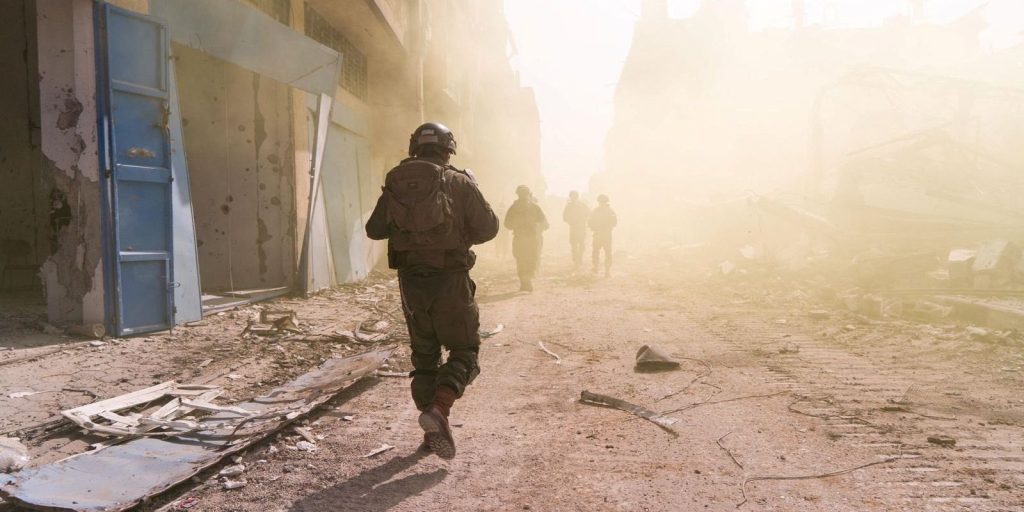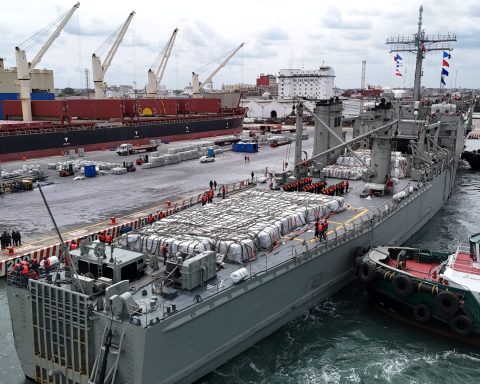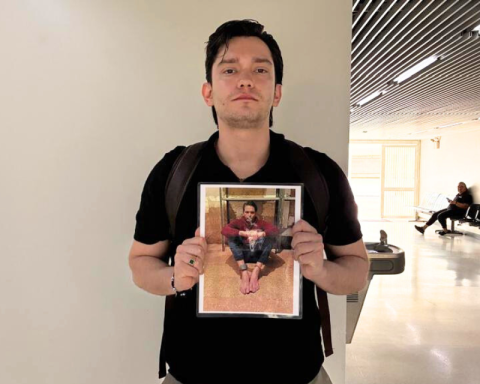The National Meteorological Service (SMN) has issued a alert due to extreme temperatures that affect at least 12 Argentine provinces. The thermal will touch 40° C in at least three jurisdictions, while storms, some severe, are expected in the northern, central and southern regions of the country.
The provinces under alert They include Neuquén, Río Negro, La Pampa, Buenos Aires, San Luis, San Juan, La Rioja, Entre Ríos, Santiago del Estero, Mendoza, Córdoba and Santa Fe2. In Neuquén, the thermometer is expected to show a maximum of 38° C and a minimum of 25° C, as in the north of Río Negro, where the maximum will reach 36° C and the minimum at 24° C. The The most affected towns in these provinces are General Roca, 25 de Mayo, Añelo and Picún Lufú.
In the west of La Pampa, cities such as Santa Isabel and General Pico are also under warning, with maximum temperatures of 36° C and 35° C, respectively. In the mountain region of Chubut, towns such as Leleque, Esquel, José de San Martín, Río Senguer, Cushamen, Futaleufú, Languiñeo and Tehuelches also face a possible increase in temperature.
In addition to high temperatures, the SMN has issued warnings for severe storms in several regions. In the northern region of the country, provinces such as Jujuy, Salta, Tucumán and Catamarca are under alert for possible meteorological phenomena with the potential for damage and risk of momentary interruption of daily activities.

In the center of the country, isolated storms are expected in San Luis and Mendoza, some of which could be locally strong or severe, accompanied by abundant rainfall in short periods and possible intense electrical activity.
The SMN has issued a series of recommendations for the population in the face of these extreme conditions. These include: Increase water consumption without waiting until you are thirsty to maintain adequate hydration. Do not expose yourself to the sun excessively, not even in the middle of the day (between 10 a.m. and 4 p.m.).

More recommendations
Pay attention to babies, boys and girls, and older people. Avoid caffeinated, alcoholic or very sugary drinks. Avoid very abundant meals, and eat vegetables and fruits. Reduce physical activity. Wear light, loose-fitting, light-colored clothing; hat and dark glasses. Stay in ventilated or conditioned spaces.
If you present symptoms such as intense thirst, dry mouth, temperature greater than 39° C, excessive sweating, feeling of suffocating heat, dry skin, exhaustion, dizziness or fainting, stomach pains, lack of appetite, nausea or vomiting, and headaches, it is recommended to seek medical assistance immediately.
follow us on Google News and on our channel instagramto continue enjoying the latest news and our best content.


















